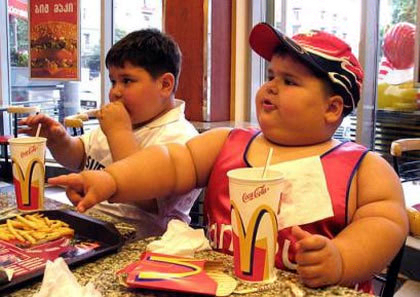Oct 21: A new study has found that consuming high-fat meals can prove more harmful for males than females.
Cedars-Sinai Diabetes and Obesity Research Institute scientist Deborah Clegg, PhD, and a team of international investigators found that the brains of male laboratory mice exposed to the same high-fat diet as their female counterparts developed brain inflammation and heart disease that were not seen in the females.
 Clegg said that for the first time, they had identified remarkable differences in the sexes regarding how the body responds to high-fat diets. In the study, the mice were given the equivalent of a steady diet of hamburgers and soda. The brains of the male mice became inflamed and their hearts were damaged. But the female mice showed no brain inflammation and had normal hearts during the diet.
Clegg said that for the first time, they had identified remarkable differences in the sexes regarding how the body responds to high-fat diets. In the study, the mice were given the equivalent of a steady diet of hamburgers and soda. The brains of the male mice became inflamed and their hearts were damaged. But the female mice showed no brain inflammation and had normal hearts during the diet.
According to Clegg, the females in the study apparently had a strong protection against the ravages of a high-fat, high-sugar diet that can cause brain inflammation and heart disease. Researchers have linked brain inflammation to overeating, harmful changes in blood sugar levels and to changes in fat tissue composition that could lead to obesity.
She added that the research suggested that one size may not fit all when it came to nutritional guidance aimed at keeping patients from becoming dangerously overweight. An occasional high-fat meal may be OK for women, but men at risk for obesity would need to avoid it always.
However, investigators discovered one encouraging sign for males: They could manipulate the brain of the mice in such a way they would develop the anti-inflammation characteristics of the female brain.





Comments
Add new comment